June 24, 2025 | 11:49 GMT +7
June 24, 2025 | 11:49 GMT +7
Hotline: 0913.378.918
June 24, 2025 | 11:49 GMT +7
Hotline: 0913.378.918

Maintaining 1.3 - 1.5 million bee colonies from now to 2030. Photo: Son Trang.
Accordingly, the perspective of the Project is to promote the potential and advantages of ecological regions to sustainably develop the bee industry along the value chain, with traceability of product origin.
Develop beekeeping goods and services associated with ecology in the direction of professionalization and modernization on the basis of promoting appropriate experience from traditional beekeeping. This is to create livelihoods, increase people's income and contribute to protecting biodiversity in agriculture and nature.
Deeply process and diversify bee products with high-added value to meet market demand, promote exports, and improve competitiveness in the international market.
Apply scientific achievements and new technology, improve efficiency and competitiveness of the bee industry; socialize and internationalize activities in the bee industry.
With those perspectives, the Project sets common goals of sustainable development, improving the competitiveness of the bee industry, and building and protecting the brand of Vietnamese bee products.
Products of the bee industry are produced mainly from professional beekeeping facilities, ensuring biosafety, disease safety, traceability, environmentally friendly, and meeting quality and food safety requirements for domestic consumption and export.
The specific goals from now to 2030 are to maintain the number of 1.3 to 1.5 million bee colonies moving according to flower sources, and honey sources, achieving the national average honey yield of over 42 kg/swarm/year for foreign bee colonies and over 18 kg/swarm/year for domestic bee colonies;
Total honey production is stable at 55-60 thousand tons/year, of which about 80% is exported and about 20% is domestic consumption.
Translated by Hoang Duy
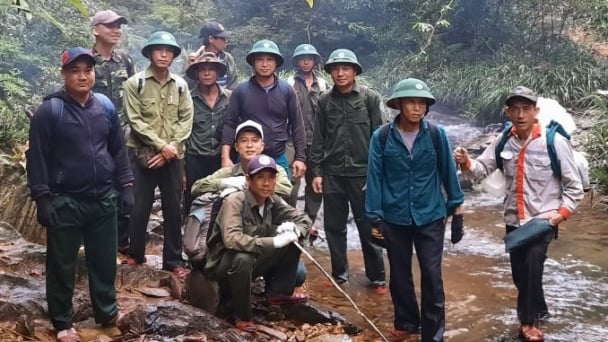
(VAN) All parties have acknowledged the barriers in mobilizing finance for conservation, proposing detailed initiatives. One of the most effective methods is to employ natural-based solutions.

(VAN) Vietnam is the country with the highest diversity of primate species in Southeast Asia, but most of them are seriously threatened, creating an urgent need for conservation efforts.
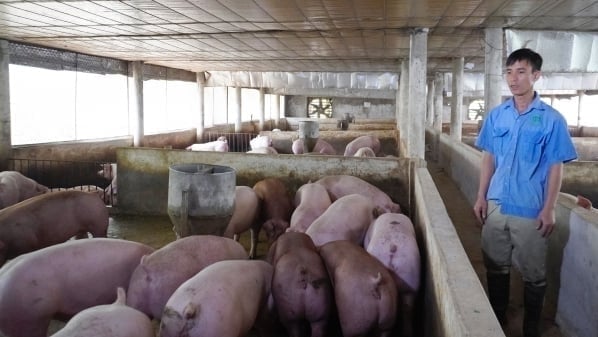
(VAN) Livestock farmers are still hesitant to use the new ASF vaccine products, mostly waiting for responses from large businesses before making a decision.
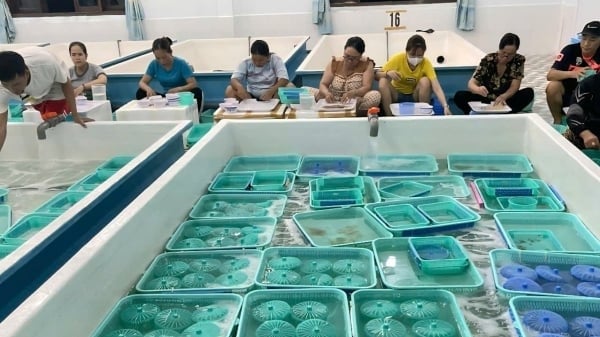
(VAN) Khanh Hoa and Phu Yen continue to strengthen inspection and control of lobster seed circulation in the area, and strictly handle violations.
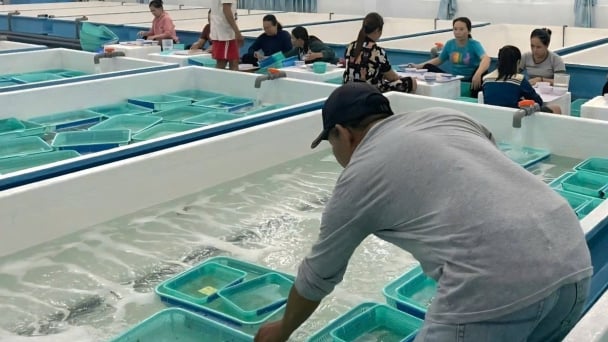
(VAN) Phu Yen and Khanh Hoa recently discovered many batches of lobster seeds of unknown origin. The authorities quickly moved and handled it as per regulations.

(VAN) Thanks to Ninh Thuans’s digitization of shrimp seed quarantine declarations, the procedures for payment and result reception are simpler and quicker.
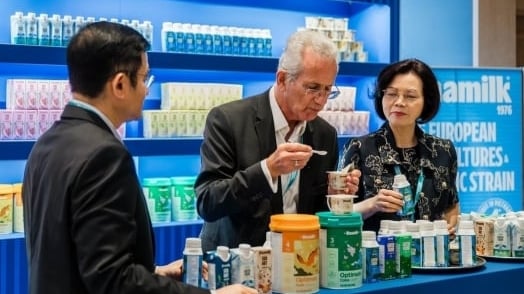
(VAN) In Amsterdam, the Netherlands, the 18th Global Dairy Congress 2025 took place from June 18-19, where Vinamilk won many grand awards.